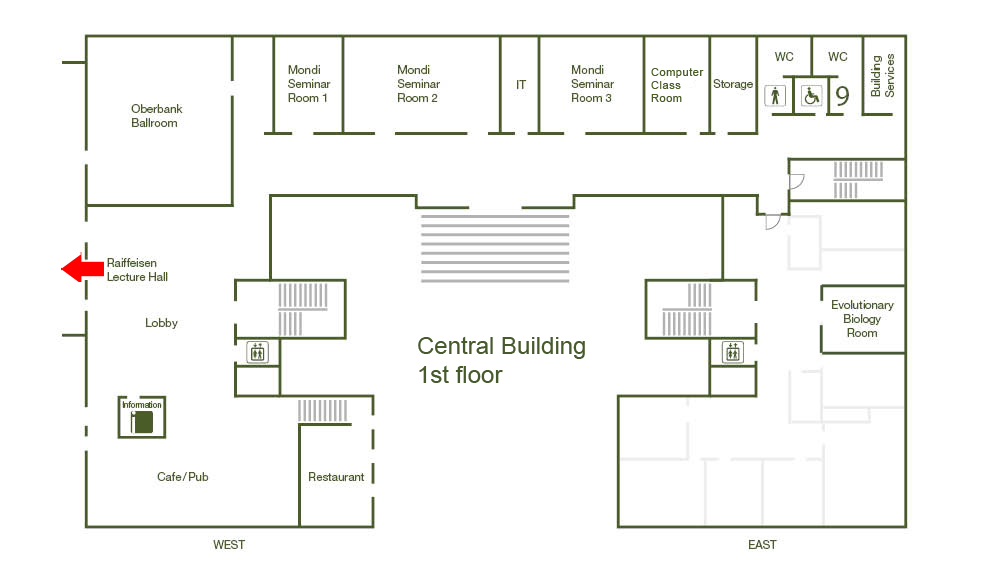Institute Colloquium: Prosthetic networks synthetic biology-inspired treatment stra
Date
Monday, February 17, 2014 16:30 - 17:30
Speaker
Martin Fussenegger (ETH Zurich)
Location
Raiffeisen Lecture Hall, Central Building
Series
Colloquium
Tags
Institute Colloquium
Contact
Url

Since Paracelsus (1493-1541) definition that the dosing makes the drug the basic treatment strategies have largely remained unchanged. We continue to use a precise prescribed dose of a small-molecule drug, a protein therapeutic or a therapeutic transgene to constitutively modulate or complement the activity of a disease-relevant target. However, this treatment concept does neither consider the metabolic dynamics nor the interdependence of the most important pathophysiologies of the 21st century such as obesity, diabetes and cardiovascular disorders. Synthetic biology-inspired prosthetic networks may act as metabolic prostheses that provide the dynamic interventions, the immediate pre-disease action and the multi-target capacity required to meet with the treatment challenges of the future. Prosthetic networks consist of synthetic sensor-effector gene circuits that (i) seamlessly operate in implanted designer cells, (ii) constantly sense, monitor and score metabolic disturbances in peripheral circulation, (iii) process OFF-level concentrations of pathologic metabolites, and (iv) coordinate an adjusted therapeutic response in an (v) automatic and self-sufficient manner. We will present our latest generation of synthetic mammalian gene circuits and provide a few examples of prosthetic networks operating in animal models of prominent human diseases to highlight the challenges and impact of synthetic biology on future biomedical applications.